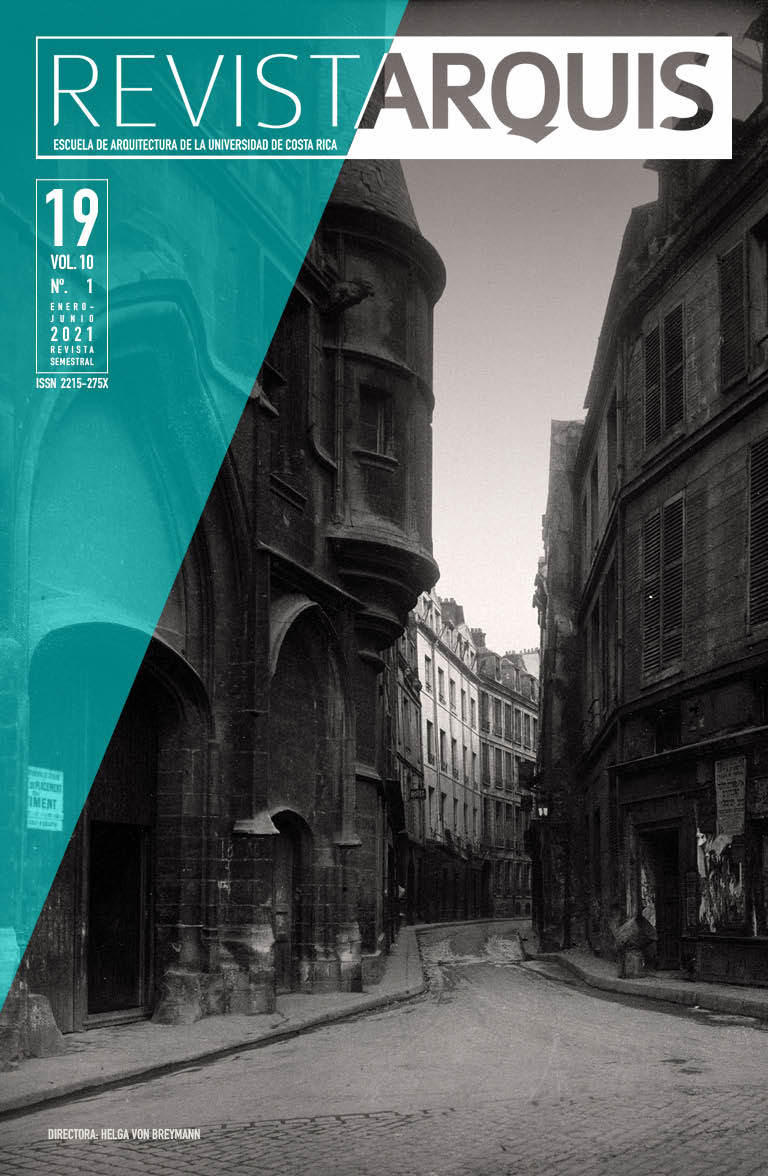Abstract
The present work aims to bring the reader closer to the principles and foundations of sustainable urban development from a theoretical-methodological perspective, providing an overview of urban sustainability through a series of antecedents and references focused on the management of sustainable public policies. In this sense, the work presents a critical analysis of the case of the city of Orizaba, Veracruz, Mexico;
It has been cataloged within the UN Prosperous Cities Index (CPI) as a sustainable city, based on implemented measures and their results in urban policies focused on three specific urban indicators: solid waste management, efficient public transport, and management of green areas. Although the work does not resort to a statistical exercise, methodologically a review and analysis of the public information instruments of said city that correspond to the aforementioned indicators is addressed, thus having the purpose of generating a reflective discussion on the application of the evaluation and certification instruments that classify urban areas as sustainable or not, contrasted with the reality of the current situation in the city.


